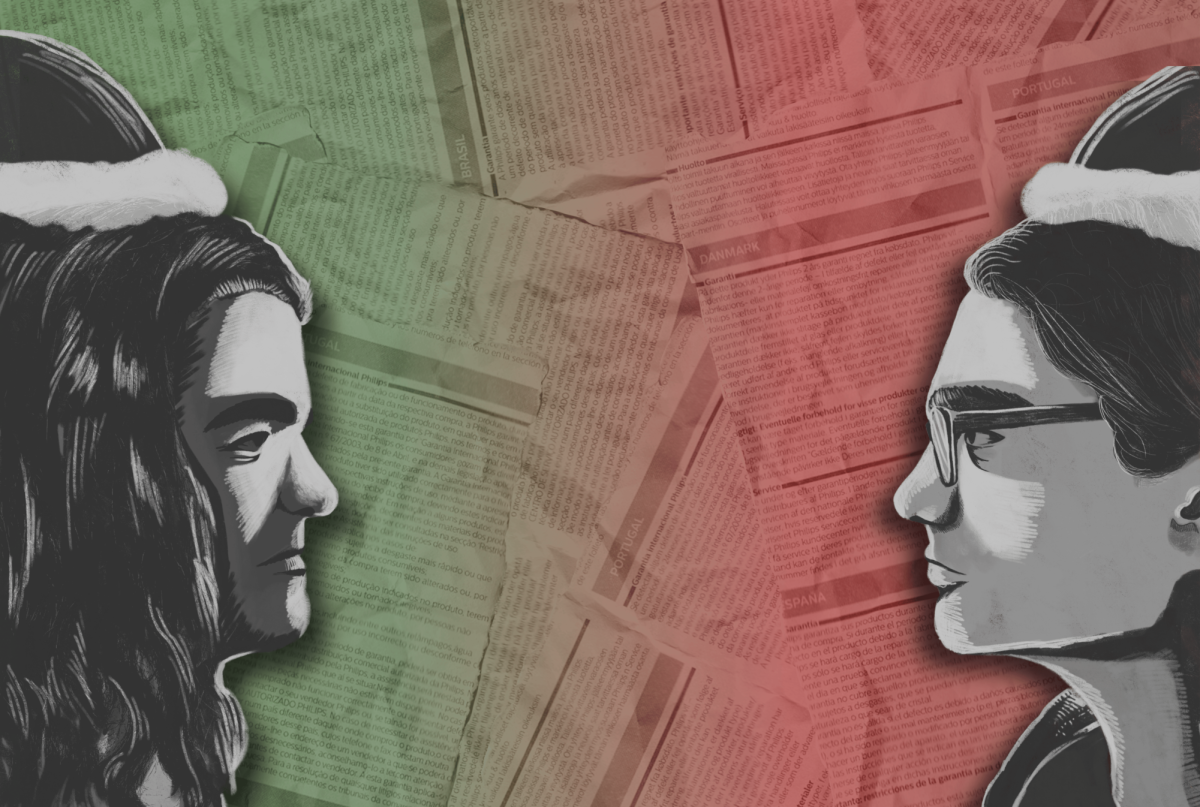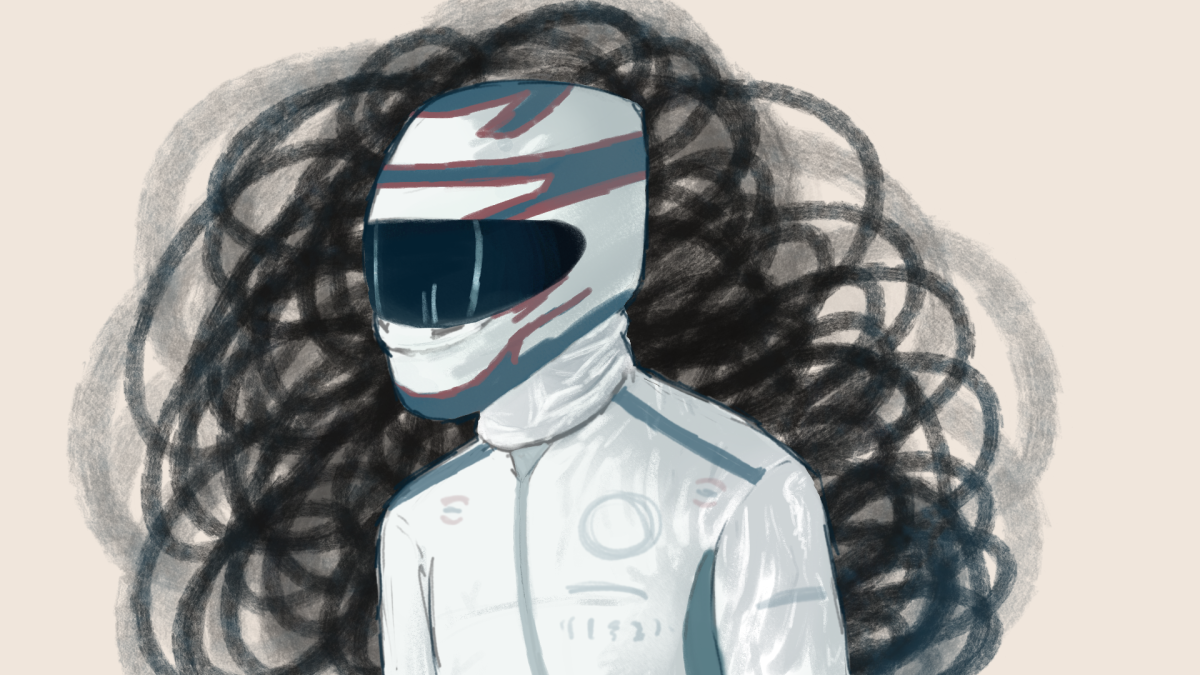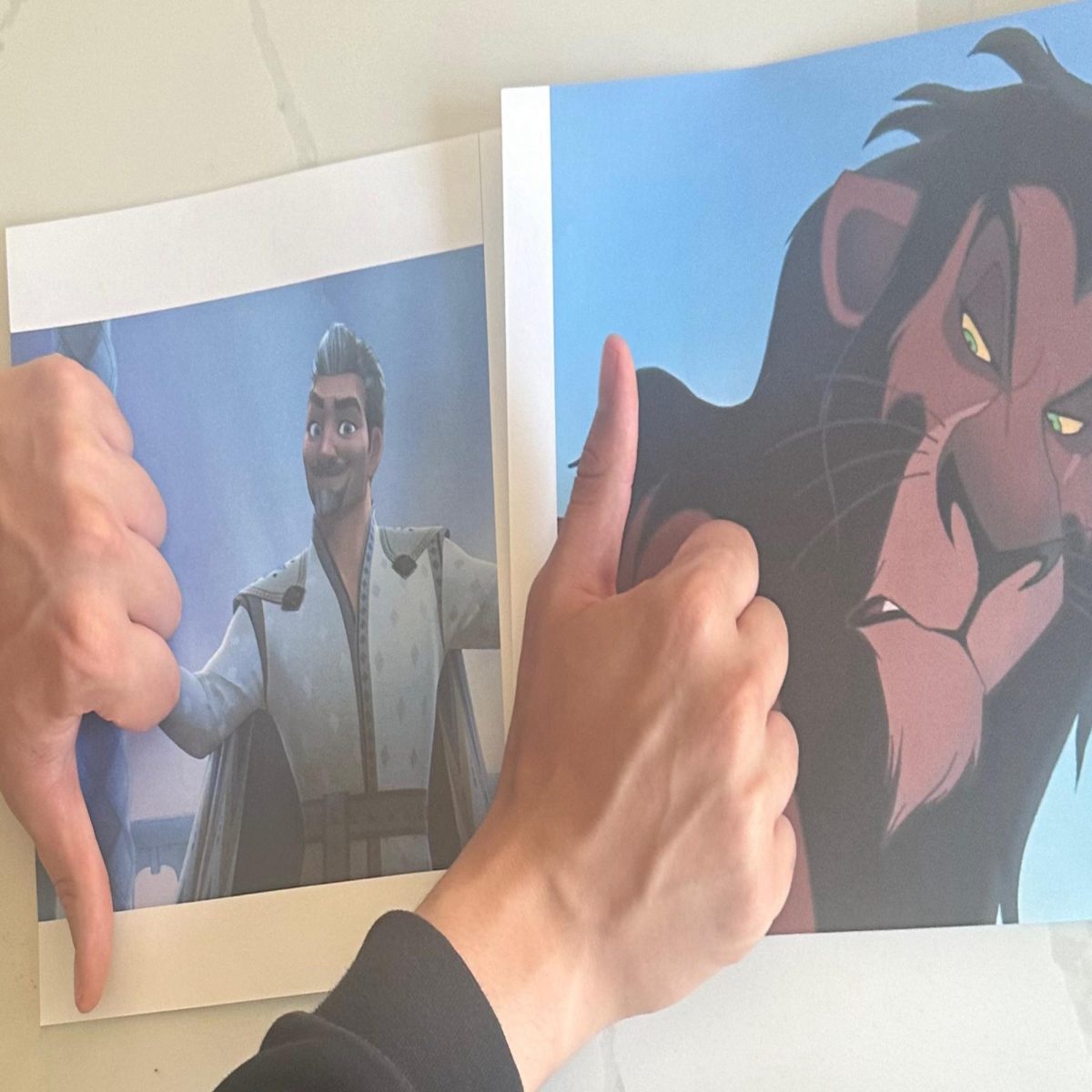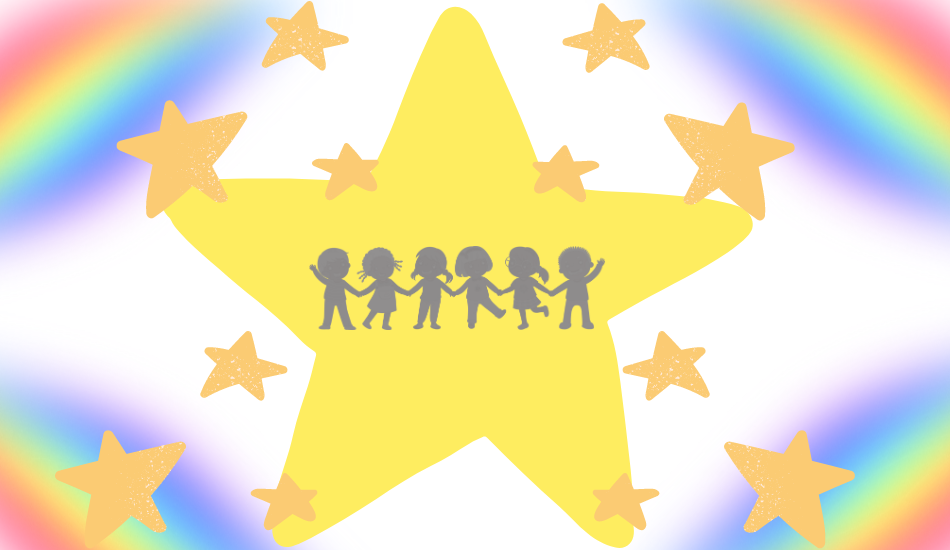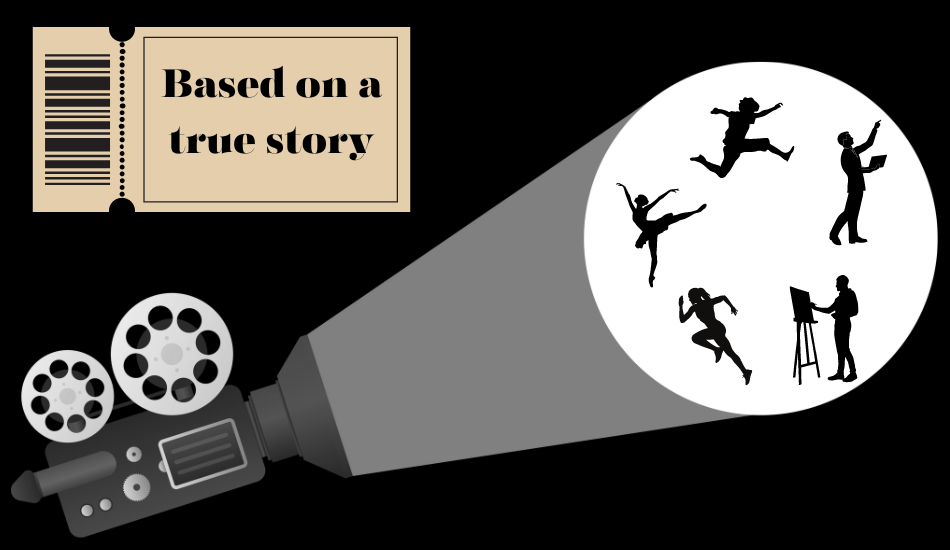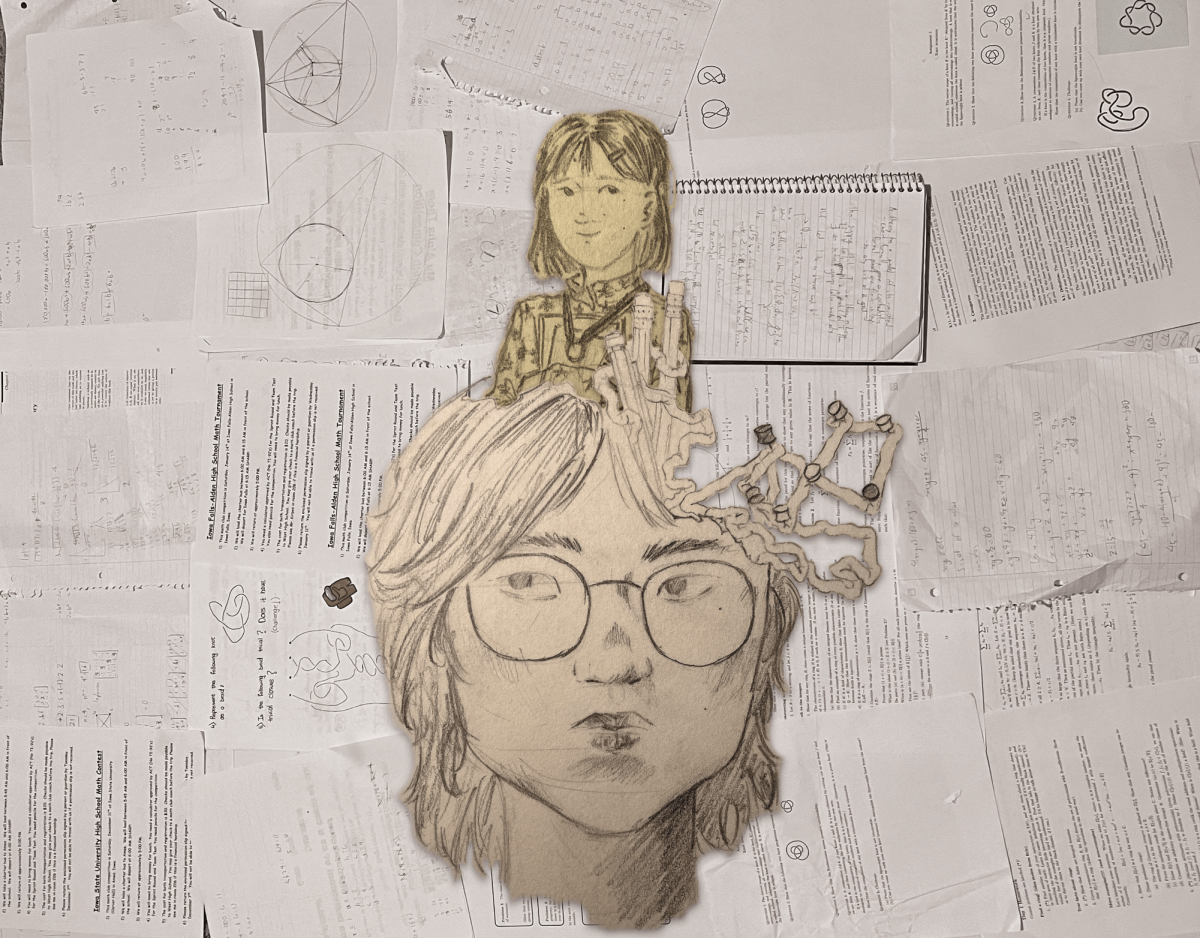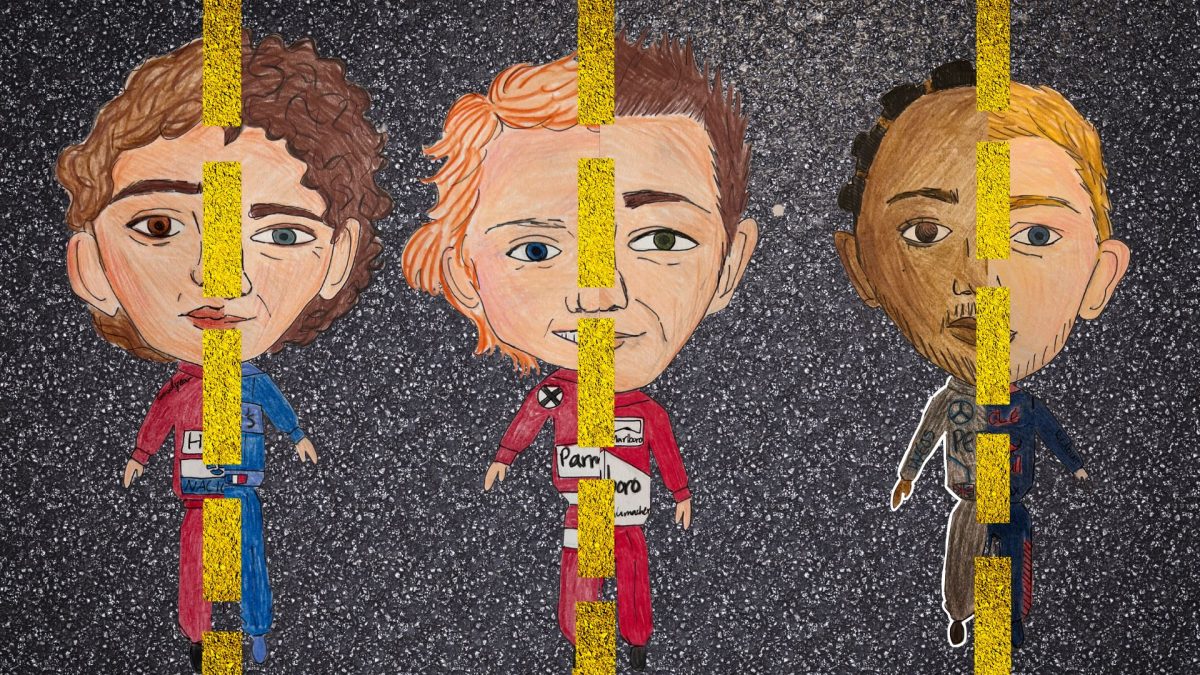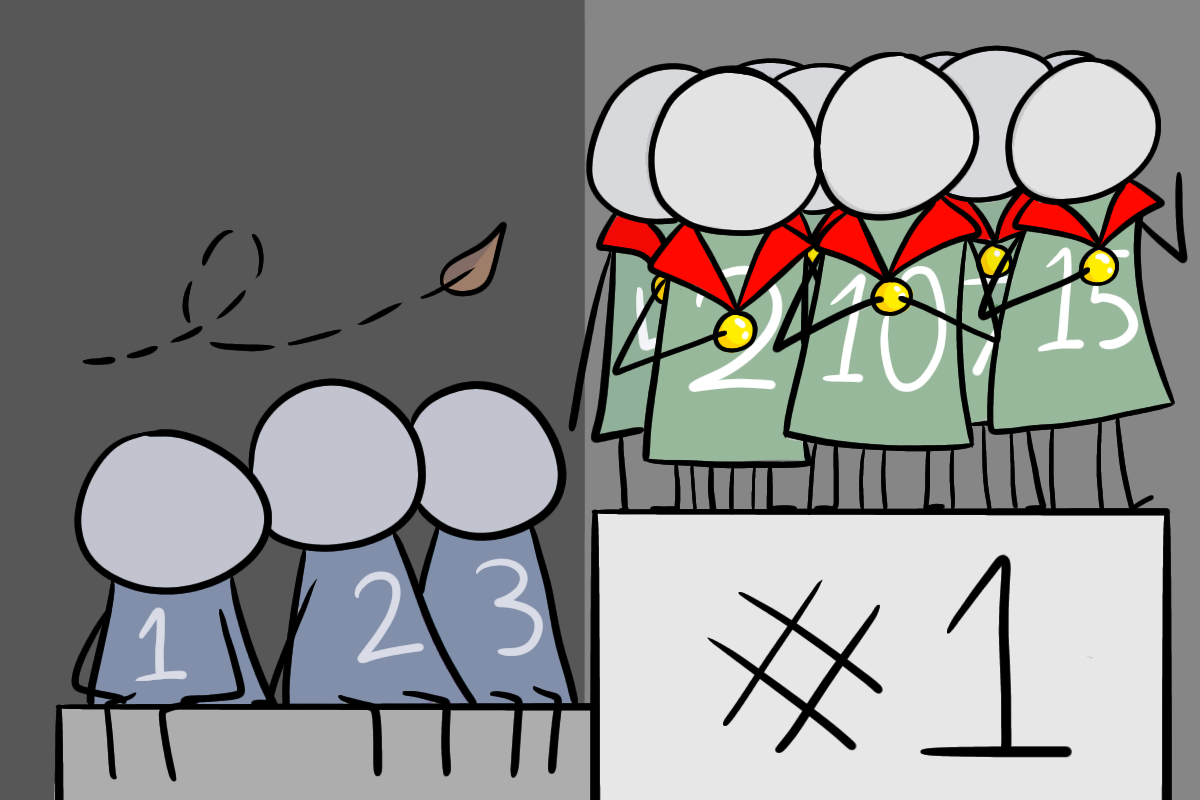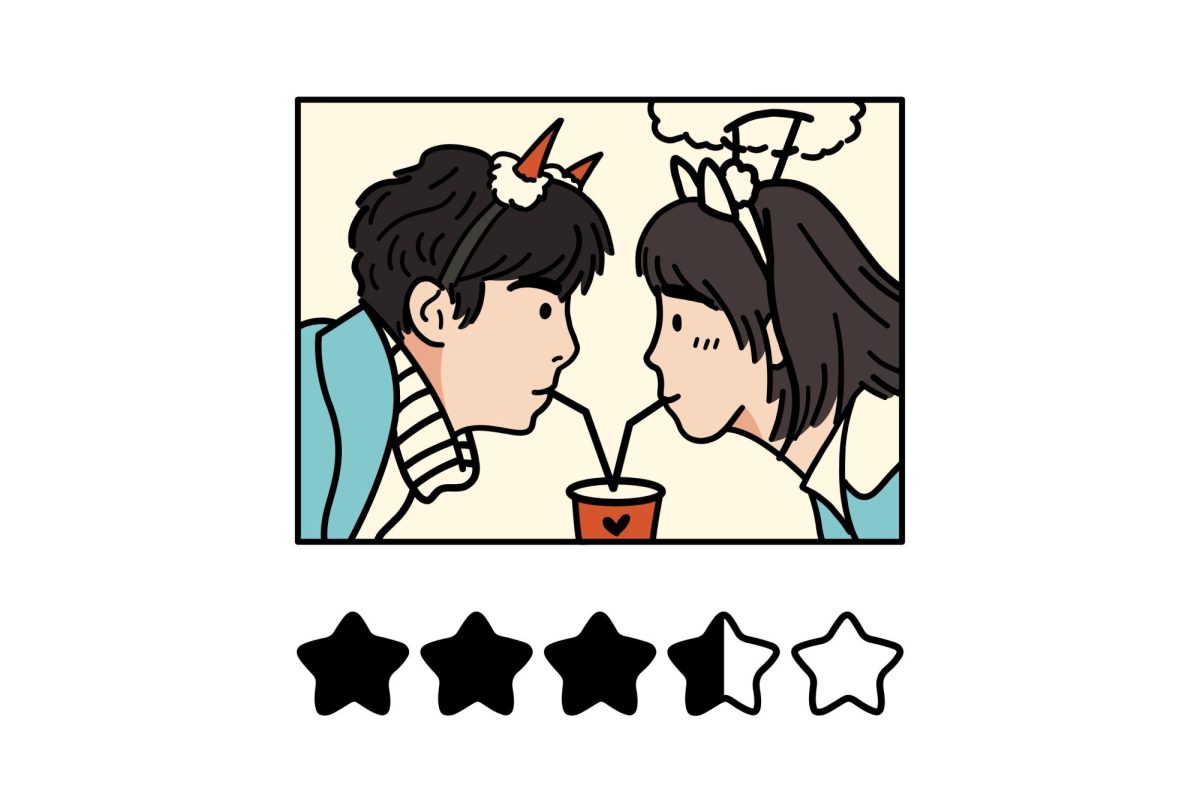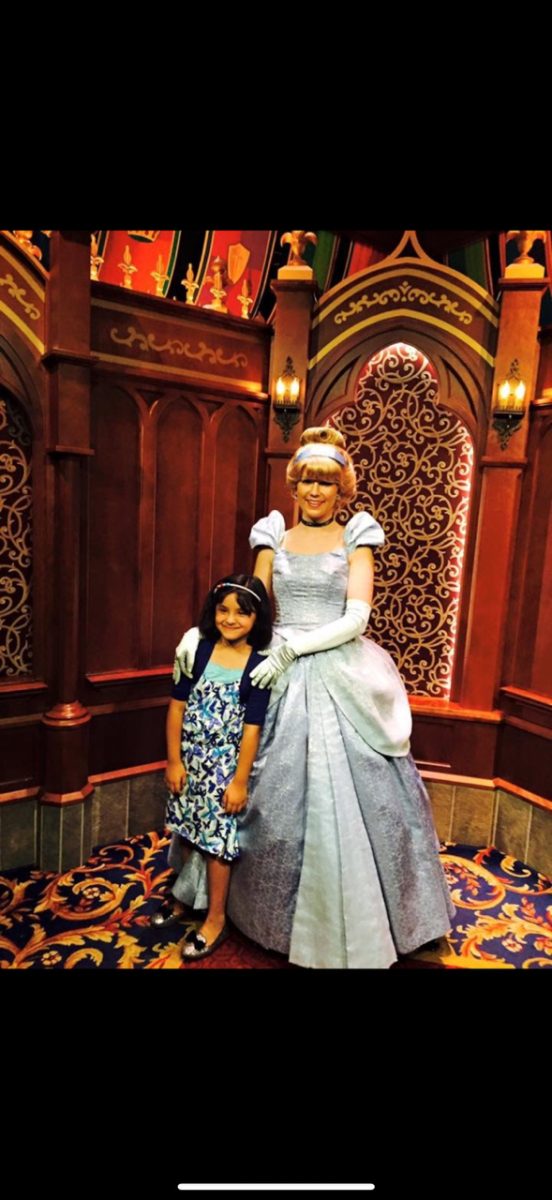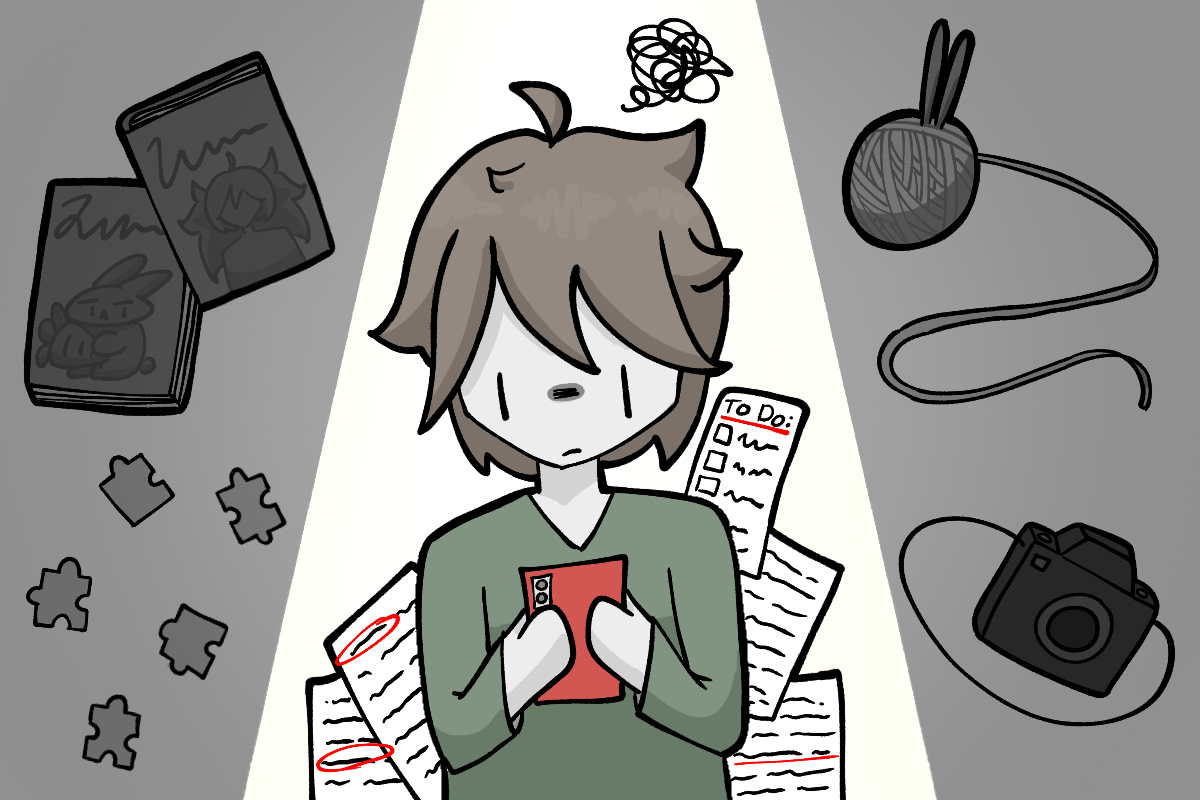Where the huzz at? Bro has W rizz. Plus infinite Aura. What do these phrases have in common? Five years ago they were complete gibberish. Had zero meaning. But now they are the marking of a screen-addicted generation. Listen up chat, I’m a brainrot connoisseur. From “Hawk tuah” to “I was sleepy” to “The eye of rah,” I’ve clawed so far into the depths of brainrot that it’s impossible to escape. However, a lot of people — especially older generations — trash on brainrot. A message to those people: please be a sigma and don’t let brainrot cloud your judgment of a person’s character.
According to the University of New South Wales, the human mind doesn’t get “rotted” by being online for long periods of time. There’s no evidence of lower intelligence or mental capacity caused by scrolling on social media. As someone who touches grass once a month, I agree; I really haven’t felt the effects of brainrot because there are none.
It’s not like my vocabulary is ruined. In fact, I just used “chat” and “connoisseur” in the same sentence. Not only is my vocabulary intact, but it’s also expansive. There’s no formal translation for the term “rizzing up.” Nothing for “huzz.” Saying “AIRBALL!” when someone’s joke falls flat is undeniably funny. Brainrot adds so much humor to the conversation by expanding vocabulary, not to mention the subgenres and cultures created by the levels and types of brainrot.
I had a conversation with my brother recently — also a degenerate scroller — who hadn’t heard of the March Meme Drought of 2025. Quick context here: the March Meme Drought of 2025 was when there was a lack of memes at the start of March this year. Anyway, I was confident this was popularly known because I had referenced it with other people, but my brother, who scrolls less than me, had never heard of it.
The diverse word options result in funnier jokes and deeper conversations from Those Who Know brainrot terms and phrases. If you don’t believe me, it’s because your mind is too closed off. If you’ve associated brainrot with “bad humor” since you’ve known it, then yes, I can’t and won’t convince you that being “beta” isn’t necessarily a bad thing because you won’t even consider the term “beta” independently.
Another benefit of brainrot is that there is always something new trending. Without brainrot, there wouldn’t be a new topic of conversation every other week. As of writing this, that trend is “Italian brainrot.” Bombardino Crocodilo is peaking in popularity right now, and those AI videos of Italian half-animals are hilarious — just mentioning the name gets a laugh. (By the way, anyone who thinks Tralalero Tralala is the best Italian Brainrot animal is delusional. Even Tung Tung Tung Sahur could probably beat him. Tung Tung Tung Sahur is so underrated, his baseball bat works miracles.)
Moving on from that, people don’t often consider the innovation from new brainrot terms. When have so many words been created in such a short time span? Not only are they new, they are unique. The word “bro” in its current context where people say, “bro thought X” or “bro did Y” is one of the first times a third-person pronoun has ever been legitimately used in the second person. The word “chat” in reference to a Twitch chat is the first ever time a fourth-person pronoun has been used in English consistently. For context, a fourth-person pronoun refers to referencing someone who doesn’t exist within the confines of the world.
In other words, when the fourth wall is broken. Saying “chat” shatters this fourth wall because an audience is referenced. It’s similar to the use of “one” as a pronoun; it’s a hypothetical person. The audience, being the chat, doesn’t exist because no one is actively watching us as a movie, and even if someone were, they wouldn’t exist in our world. This fourth wall break can bring new ideas and perspectives to conversations, enhancing the depth of the English language.
Now one could point out that brainrot is already used in everyday conversation to an extent. That’s because, yes, it is in three situations. The first is one age group to another age group, which is always either the older generation making fun of the younger people for inventing stupid words, or the younger people laughing at the older people for not understanding those words. The second of which is boomer to boomer, trying to figure out what brainrot means. The third of which is when the younger generation references it to younger generation, which seems flawless in principle, and occasionally is, yet there always seems to be judgment accompanied with it.
My real issue, though, is when separate generations talk about brainrot. Bro, I’m saying, it’s agist. It’s like talking politics and dismissing a teen’s ideas without consideration. Instead of making fun of adults for not knowing something they don’t care about, just start using it in your daily vocabulary, and allow them to catch up. The same as politics. As I’m writing this, I’m actually seeing a lot more similarities between brainrot and politics. Huh. What the sigma?
Ts pmo fr icl ong.
Well, anyway, chat, where was I going with that? Should “sigma” be used in a formal environment? Well, yes and no… It shouldn’t be required; in fact, not everyone even needs to know what it means. If you don’t care enough, just ignore my obvious aura, but if I were to meet someone drop a ‘skibidi what’ on them, it really shouldn’t affect their opinion of me. Accept brainrot as a valid source of communication and a fantastic medium for inspiration. I mean, formal language has always been distinct and separated from informal language. However, brainrot language should not be distinct and separate from informal language. It’s the same thing, just newer words. Brainrot doesn’t rot your brain, it nourishes it.





